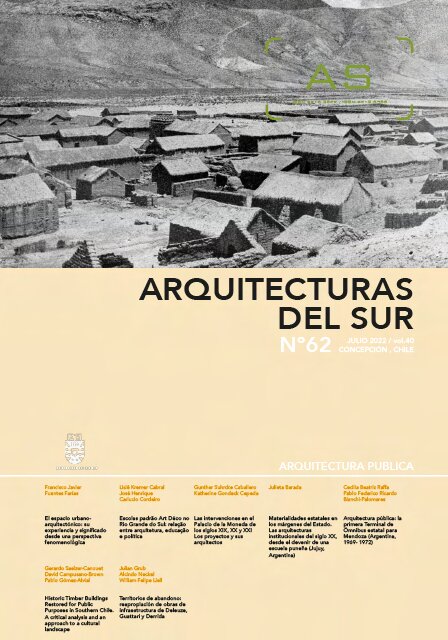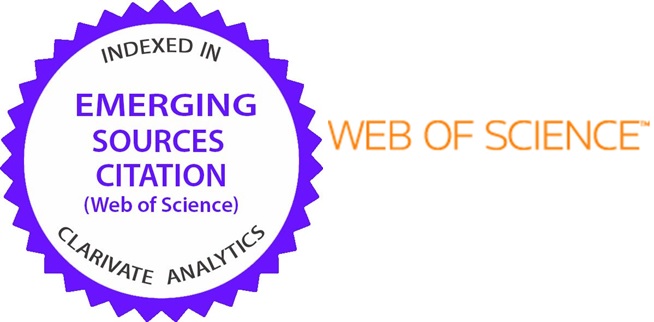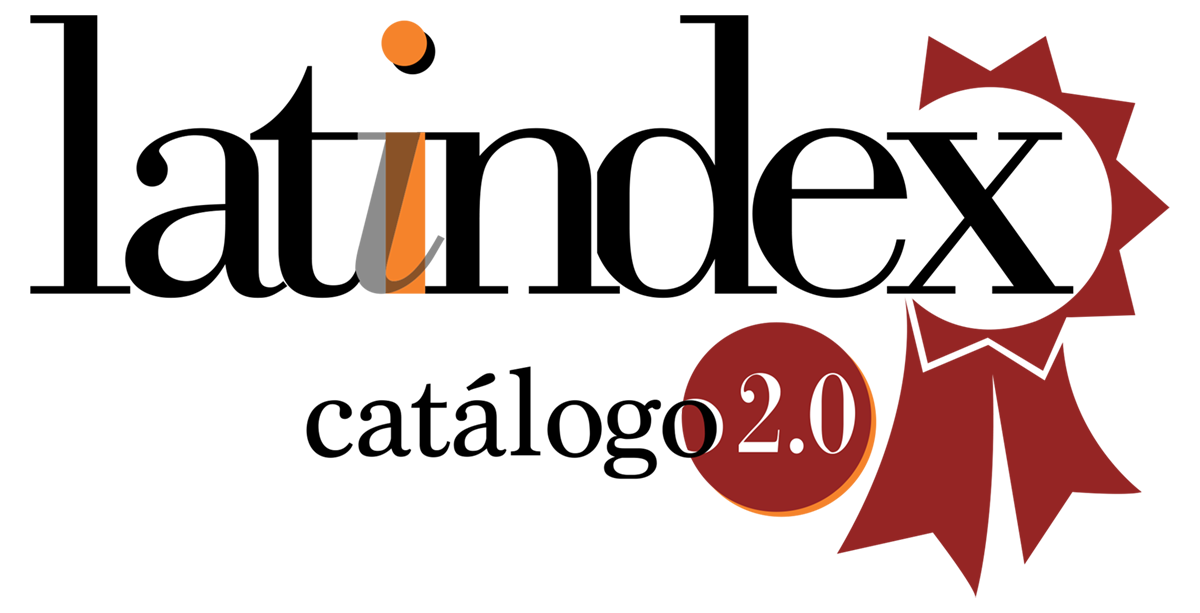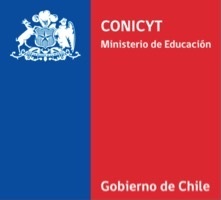Territórios de abandono: reapropriação das obras de infraestrutura a partir de Deleuze, Guattari e Derrida
DOI:
https://doi.org/10.22320/07196466.2022.40.062.07Palavras-chave:
território, obras de infraestrutura, análise de discurso, aspectos filosóficos, intervenções urbanasResumo
A partir do conceito de território, o artigo investiga os possíveis caminhos de ressignificação das obras de infraestrutura urbana. Obras de infraestrutura como viadutos, pontes, passarelas, escadarias e túneis caracterizam-se como instrumentos públicos que possibilitam conexões e fluxos para o eficiente funcionamento das cidades. Prevendo maior qualidade na forma de ocupação territorial, as obras de infraestrutura, além de espaços técnicos com funções específicas, podem transformar-se em dispositivos éticos, de cidadania e alteridade? O artigo, através de pensadores como Deleuze, Guattari e Derrida, objetiva desconstruir os conceitos de origem em novos atributos conceituais. De forma contextual, a pesquisa adapta o método de análise conceitual, apresentando um quadro propositivo – conceito de origem, conceito de interesse e possíveis consequências. Por um lado, a pesquisa aproxima Deleuze e Guattari dessas construções de caráter público através de conceitos como: organismo, rizoma, estrato e corpo funcional. Por outro, aproxima Jacques Derrida a partir da ideia de receptáculo, numa espécie de território livre e discursivo, onde a linguagem acionada por um outro pensar descentra e reconstrói o objeto em múltiplas interpretações, desconstruindo-as. O texto é reforçado imageticamente por ocupações de obras públicas singulares e representativas de Porto Alegre (Brasil).
Downloads
Referências
COSTA, J. (2011). Ética e política em Levinas: um estudo sobre alteridade, responsabilidade e justiça no contexto geopolítico contemporâneo (Tese de doutorado). Pontifícia Universidade Católica do Rio Grande do Sul, Porto Alegre, RS, Brasil.
DELEUZE, G., & GUATTARI, F. (1997). Mil Platôs. Capitalismo e Esquizofrenia (vol. 4). São Paulo: Editora 43.
DERRIDA, J. (2001). Posições (T. T. da Silva, Trad.). Belo Horizonte: Autêntica.
DERRIDA, J. (2004). Adeus a Emmanuel Lévinas (F. Landa, Trad.). São Paulo: Perspectiva.
DERRIDA, J. (2009). Violência e metafísica: ensaio sobre o pensamento de Emmanuel Lévinas. In J. Derrida, A estrutura e a diferença (M. B. M. Nizza da Silva, P. L. Lopes e P. de Carvalho, Trads.). São Paulo: Perspectiva.
DERRIDA, J. (1995). A escritura e a diferença (2a ed., M. B. M. Nizza da Silva, Trad.). São Paulo: Editora Perspectiva.
FUÃO, F. F. (2012a). A hospitalidade na arquitetura. Porto Alegre. Recuperado de https://fernandofuao.blogspot.com/2012/09/a-hospitalidade-na-arquitetura.html
FUÃO, F. F. (2012b). Jacques Derrida & arquitetura. Rio de Janeiro.
HAESBAERT, R. (2004). O mito da desterritorialização: do “fim dos territórios” à multiterritorialidade.
Rio de Janeiro: Bertrand Brasil.
HAESBAERT, R. (2014). Viver no limite: território e multi/transterritorialidade em tempos de in-segurança e contenção. Rio de Janeiro: Bertrand Brasil.
HALL, E. T. (1986). A dimensão oculta. Lisboa: Relógio D'Água.
LEFEBVRE, H. (2006). A produção do espaço (D. B. Pereira e S. Martins, Trads., 4a ed.). Paris: Éditions Anthropos.
LEFEBVRE, H. (1999). A revolução urbana (S. Martins, Trad.). Belo Horizonte: Editora da UFMG.
MASCARÓ, J. L., & YOSHINAGA, M. (2005). Infra-estrutura urbana. Porto Alegre: +4.
MEYER, R. M. P. (2001). Atributos da metrópole moderna. São Paulo em Perspectiva, 14(4), 3-9. doi: 10.1590/S0102-88392000000400002
RODGERS, L. B. (2000). Concept analysis: an evolutionary view. In B. L. Rodgers, & A. K. Knalf, Concept development in nursing: foundations, techniques, and applications (2nd ed). Philadephia: Saunders.
RODRIGUES, C. (2010). Rastros do feminino: sobre ética e política em Jacques Derrida (Tese de doutorado). Departamento de Teologia, Pontifícia Universidade Católica do Rio de Janeiro, Rio de Janeiro, RJ, Brasil.
ROUANET, P. S. (2001, 19 ago.). A técnica segundo Derrida. Folha de São Paulo. Recuperado de https://www1.folha.uol.com.br/fsp/mais/fs1908200115.htm
SOLIS, D. E. N. (2009). Desconstrução e arquitetura: uma abordagem a partir de Jacques Derrida (vol. 1). Rio de Janeiro: UAPÊ.
SOLIS, D. E. N, & FUÃO, F. F. (2015). Encontros da filosofia com a arquitetura, mediados pelo pensamento Jacques Derrida. Resenhas Online, 14(163). Recuperado de http://www.vitruvius.com.br/revistas/read/resenhasonline/14.163/5607
ZMITROWICZ, W., & ANGELIS NETO, G. (1997). Infraestrutura urbana. São Paulo: EPUSP.
Downloads
Publicado
Como Citar
Edição
Secção
Licença
Direitos de Autor (c) 2022 Julian Grub, Alcindo Neckel, William Felipe Liell

Este trabalho encontra-se publicado com a Licença Internacional Creative Commons Atribuição-CompartilhaIgual 4.0.

O conteúdo dos artigos publicados em cada número da Arquitectura del Sur, é de responsabilidade exclusiva dos autores e não representam necessariamente o pensamento, ou compartem a opinião da Universidade de Bío-Bío. Os autores têm seus direitos autorais conservados, e garantiram à revista o direito de primeira publicação e difusão de sua obra. A publicação do artigo na Arquitectura del Sur estará sujeita à Licencia de Reconocimiento de Creative Commons CC BY-SA isso permite que outros se Adaptem: remixam, transformam e constroem o material para qualquer finalidade, inclusive comercialmente, Compartilhe: copie e redistribua o material em qualquer meio ou formato, desde que a autoria e a primeira publicação desta revista sejam reconhecidas, citando-a corretamente , bem como suas novas criações estão sob uma licença com os mesmos termos.













 Programa de Información Científica/Concurso Fondos de Publicación de Revistas Científicas 2018/ Proyecto Mejoramiento de Visibilidad de Revistas UBB (Código:FP180007)
Programa de Información Científica/Concurso Fondos de Publicación de Revistas Científicas 2018/ Proyecto Mejoramiento de Visibilidad de Revistas UBB (Código:FP180007) 
